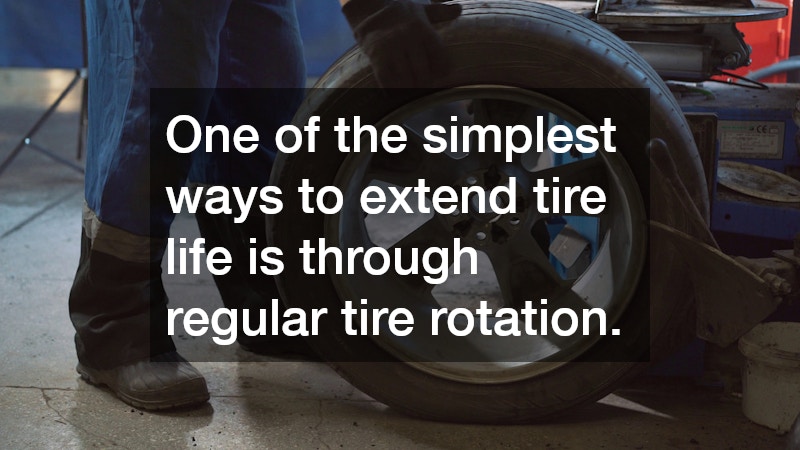In today’s fast-paced world, owning a vehicle has become more of a necessity than a luxury. From commuting to work to running errands and taking family trips, cars play a central role in daily life. However, the convenience of having a personal vehicle comes with responsibilities. Regular maintenance is essential to ensure that your car stays in good condition and operates efficiently. This article provides key auto maintenance tips to help keep your vehicle running smoothly, extend its lifespan, and avoid unnecessary expenses.
How Often Should I Change My Oil and Oil Filter?
Regularly changing your car’s oil and oil filter is crucial for maintaining engine health. Oil lubricates moving parts, reduces friction, and helps prevent overheating.
How often you need to change the oil depends on factors such as vehicle type, driving habits, and manufacturer recommendations. Many modern cars require oil changes every 5,000 to 7,500 miles, but vehicles driven in stop-and-go traffic or harsh conditions may need more frequent changes.
Equally important is replacing the oil filter during each oil change. The filter traps dirt, metal particles, and other contaminants that accumulate in the engine oil over time. A clogged or dirty filter can reduce oil flow, leading to increased engine wear and potentially costly repairs. Ensuring both the oil and the filter are changed at the recommended intervals keeps the engine running efficiently and is a fundamental part of auto maintenance.
What Are the Signs That My Brakes Need Attention?
Brakes are a critical safety component of your vehicle, and recognizing when they need maintenance can prevent accidents. Modern vehicles are equipped with dashboard warning lights that alert drivers to potential braking issues. If a brake warning light illuminates, it is essential to have your brakes inspected immediately. Ignoring these signals can compromise safety and result in more expensive repairs.
Unusual noises or sensations while braking are also important indicators. Grinding, squeaking, or a soft brake pedal can signal worn brake pads, low brake fluid, or other issues within the braking system. Paying attention to these signs and addressing them promptly ensures your vehicle can stop reliably under all conditions.
How Can I Extend the Life of My Vehicle’s Tires?
Tires are the only part of a car that maintains direct contact with the road, making their upkeep vital for safety and performance. One of the simplest ways to extend tire life is through regular tire rotation. Rotating tires at the intervals recommended by your vehicle manufacturer promotes even wear across all tires, improving handling, traction, and longevity. Uneven tire wear can compromise safety and lead to premature replacement, making rotation a cost-effective maintenance practice.
Maintaining proper tire pressure is equally important. Underinflated or overinflated tires affect handling, reduce fuel efficiency, and increase the risk of blowouts. Checking tire pressure monthly, or before long trips, ensures your vehicle performs optimally. Tire maintenance not only improves safety but also supports smoother rides and better fuel economy, contributing to overall vehicle efficiency.
What Regular Checks Should Be Part of My Auto Maintenance Routine?
Monitoring fluid levels is crucial to prevent mechanical failures. Fluids such as coolant, transmission fluid, brake fluid, and windshield washer fluid all serve vital functions. Low or contaminated fluids can lead to overheating, poor braking performance, and other issues. Checking and topping up these fluids regularly keeps your vehicle operating reliably.
Battery health is another aspect of auto maintenance that is often overlooked. Car batteries degrade over time, and a failing battery can leave you stranded unexpectedly. Signs of a weak battery include slow engine cranking, dim headlights, or the battery warning light appearing on your dashboard.
Other routine inspections, such as checking belts, hoses, and filters, also contribute to the overall health of your vehicle. Even small maintenance tasks, when performed consistently, can prevent minor problems from becoming major repairs. Creating a schedule for these checks and adhering to it as part of your auto maintenance routine ensures that your car remains safe, efficient, and reliable.
Regular auto maintenance is more than just a recommendation—it is a proactive approach to vehicle care that can save time, money, and stress over the years. From oil changes and brake inspections to tire care and battery checks, each maintenance task plays a vital role in ensuring your car operates smoothly and safely. A well-maintained car is not only safer and more efficient but also more enjoyable to drive, giving you confidence on every journey. Prioritizing auto maintenance is a simple yet powerful way to maximize the performance and longevity of your vehicle.

